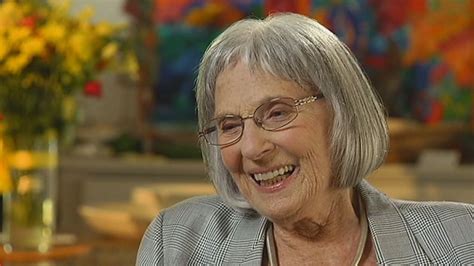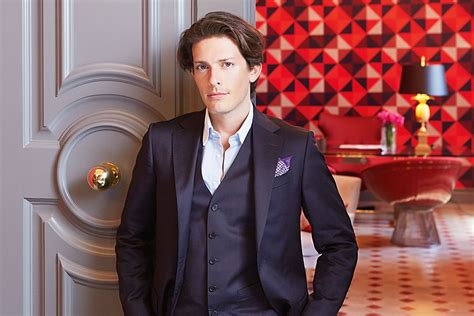A Quote by Paul Thek
Inside the glittery, swanky cases-the 'modern art' materials that were all the rage at the time, Formica and glass and plastic-was something very unpleasant, very frightening, and looking absolutely real.
Quote Topics
Related Quotes
But in the beginning, when you're looking at this and you're thinking about it, the CDC gets brought up to this place to deal with this virus and it's something that they've never seen. That, in itself, is quite frightening in a story because real-life epidemics are something that happen, all the time. I think there were just a couple of reported cases this last week in Vancouver of some people passing away with H1N1.
We're going to show great heart. DACA is a very, very difficult subjects, one of the most difficult. You have these incredible kids in many cases, not in all cases, in some of the cases they are gang members and drug dealers, too. But you have some absolutely incredible kids, I would say mostly. They were brought here in such a way, it's a very, very tough subject.
Recycling is more expensive for communities than it needs to be, partly because traditional recycling tries to force materials into more lifetimes than they are designed for - a complicated and messy conversion, and one that itself expends energy and resources. Very few objects of modern consumption were designed with recycling in mind. If the process is truly to save money and materials, products must be designed from the very beginning to be recycled or even "upcycled" - a term we use to describe the return to industrial systems of materials with improved, rather than degraded, quality.
I was lucky that I started very young, since I had a very clear idea of what I wanted to do. But my father is very conservative, and he never considered fashion to be a real career but something I could pursue as a hobby. He wanted me to be a doctor, and at one point, I thought of becoming a plastic surgeon.
I wouldn't say the anthropologists were making art, but they were definitely justifying their practices with very personal reasoning, passion, and they were also experimenting with form. There was a sense of trying to be as sincere as possible, whether you were investigating something far away from you or very close.
To be very fair, it was Ian Marsh and Martyn Ware who started The Human League. They brought Philip Oakey in to sing, primarily because Philip was very tall. So it started out as their vision. I don't think anyone ever thought it would be as big as it became. Music evolves and people were looking for something different. We came out at the right time and were just very lucky.








































